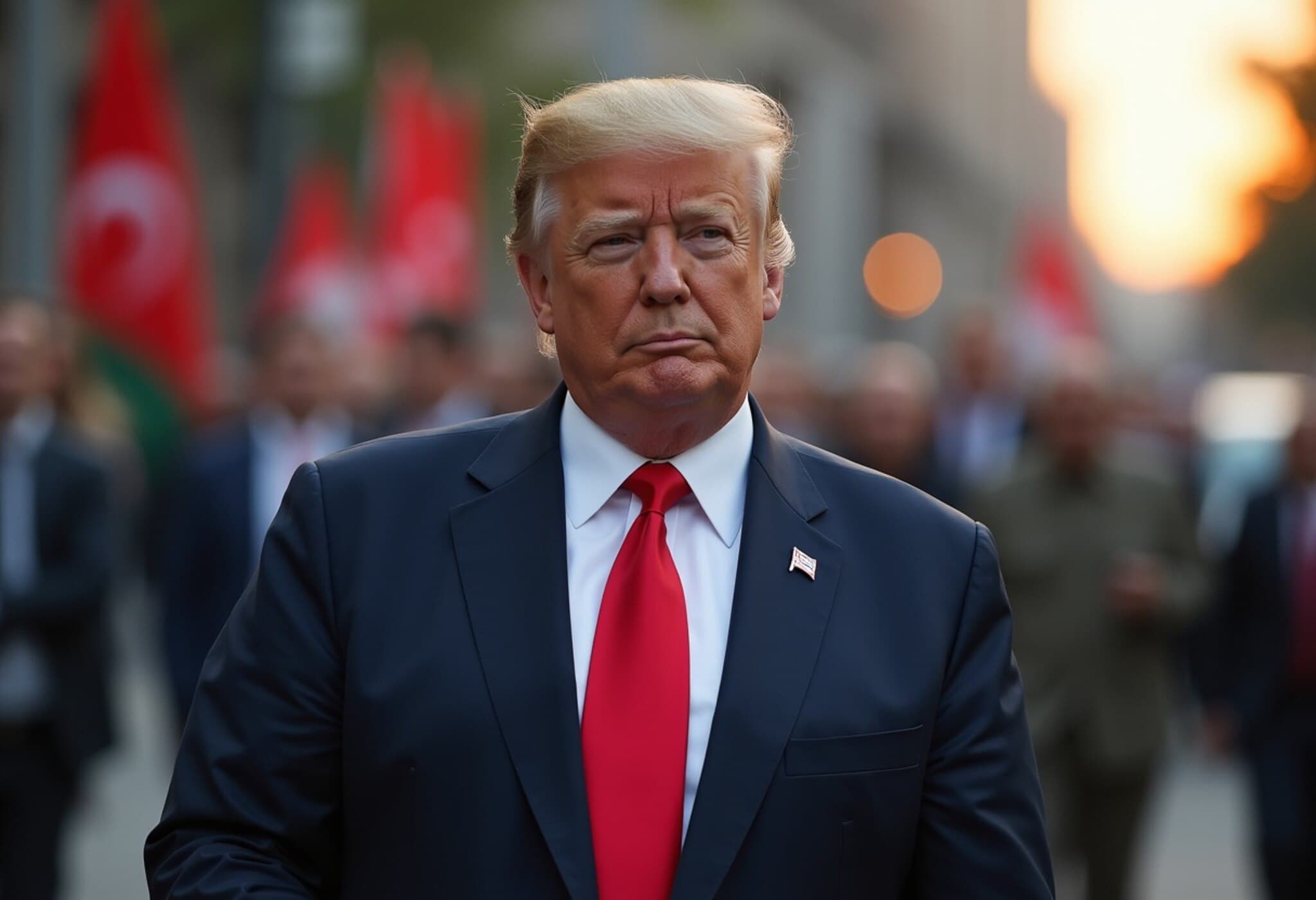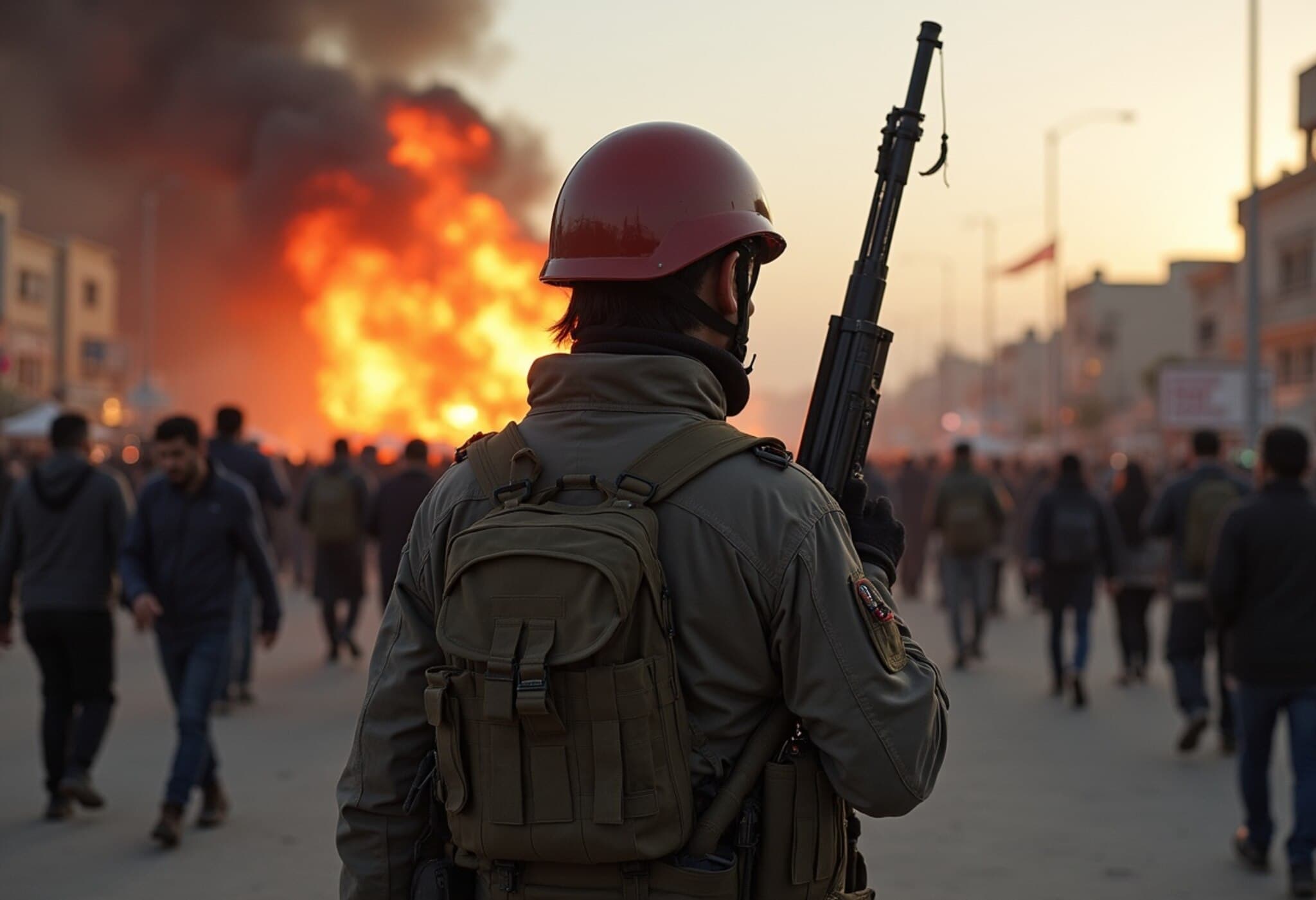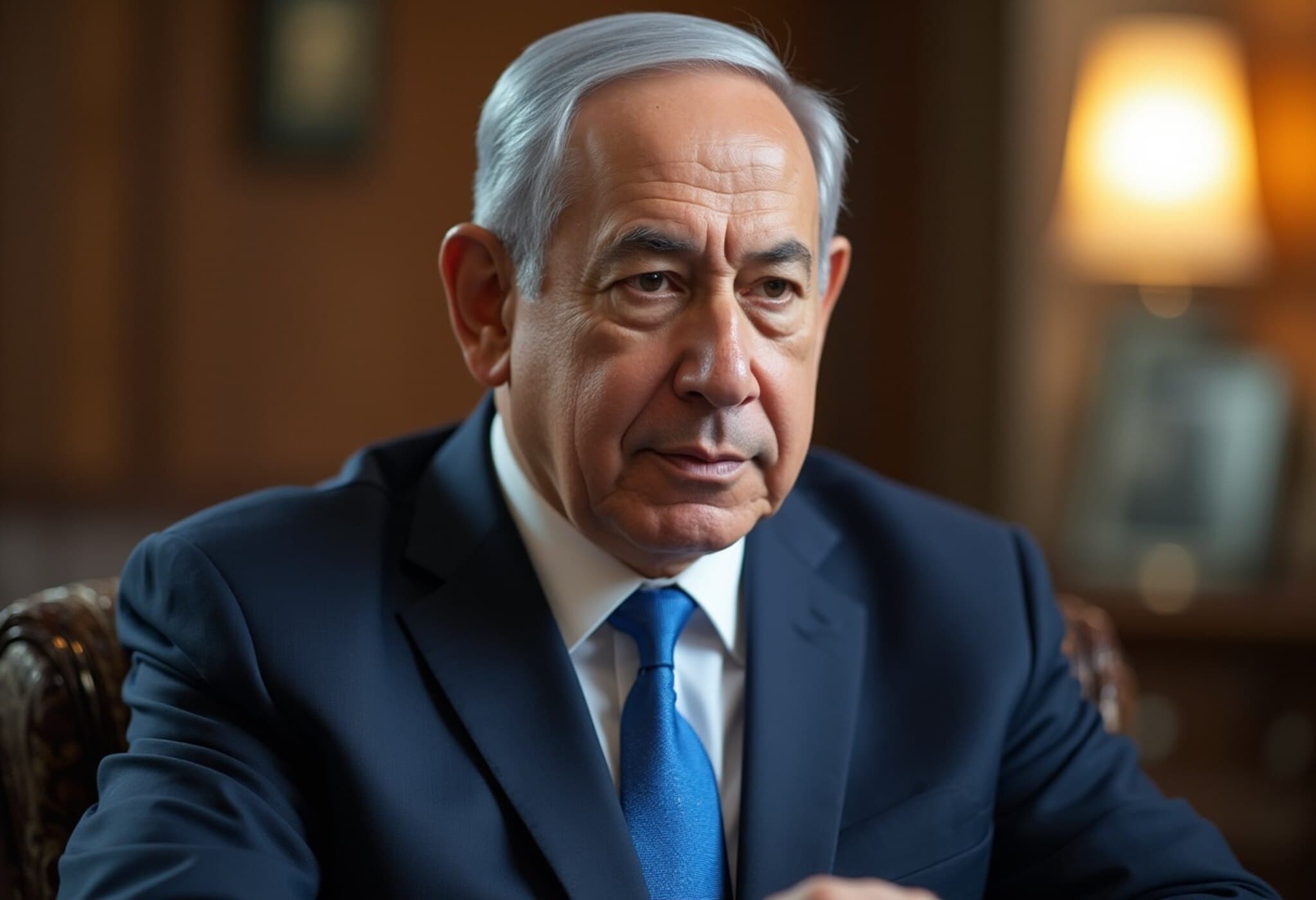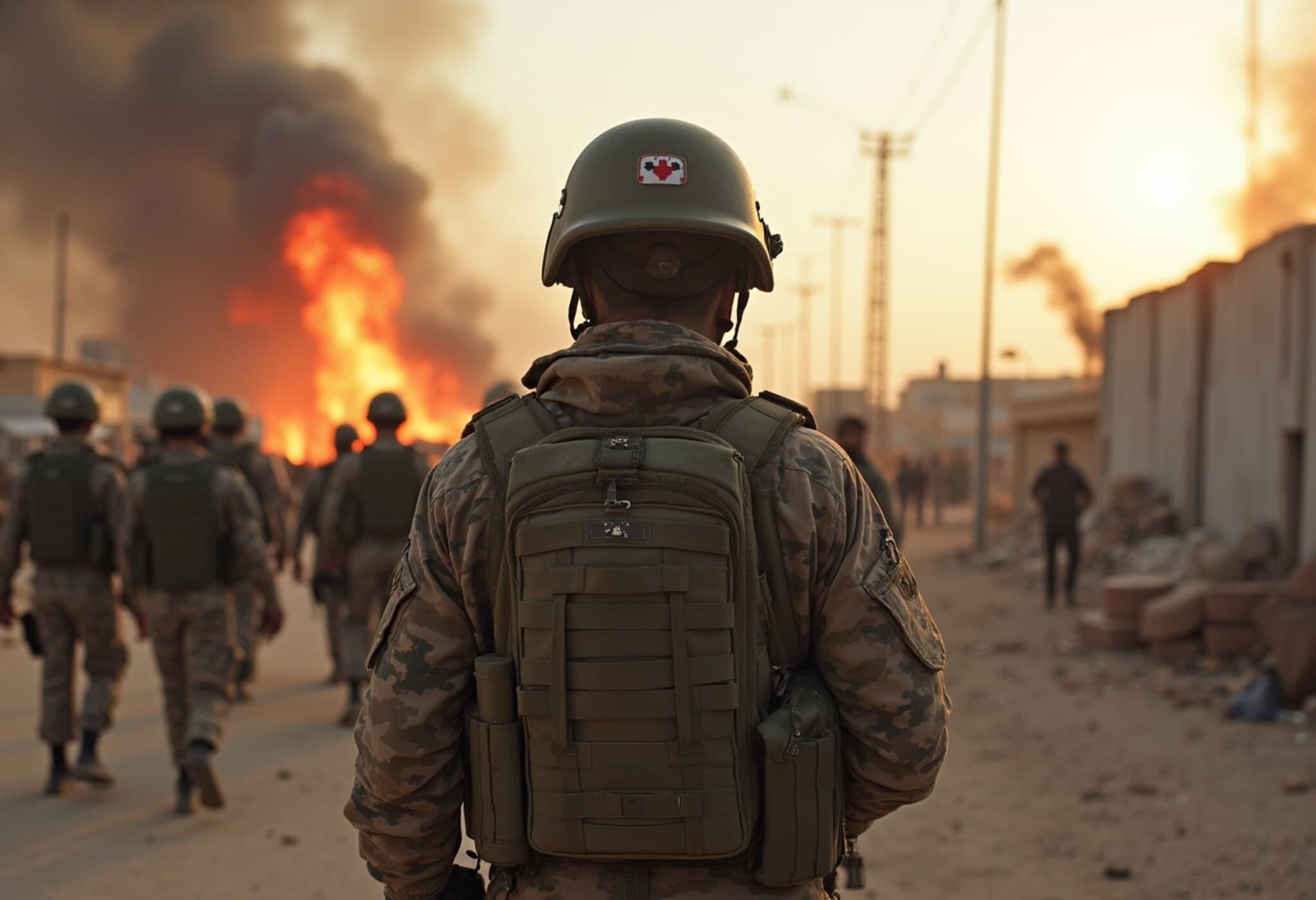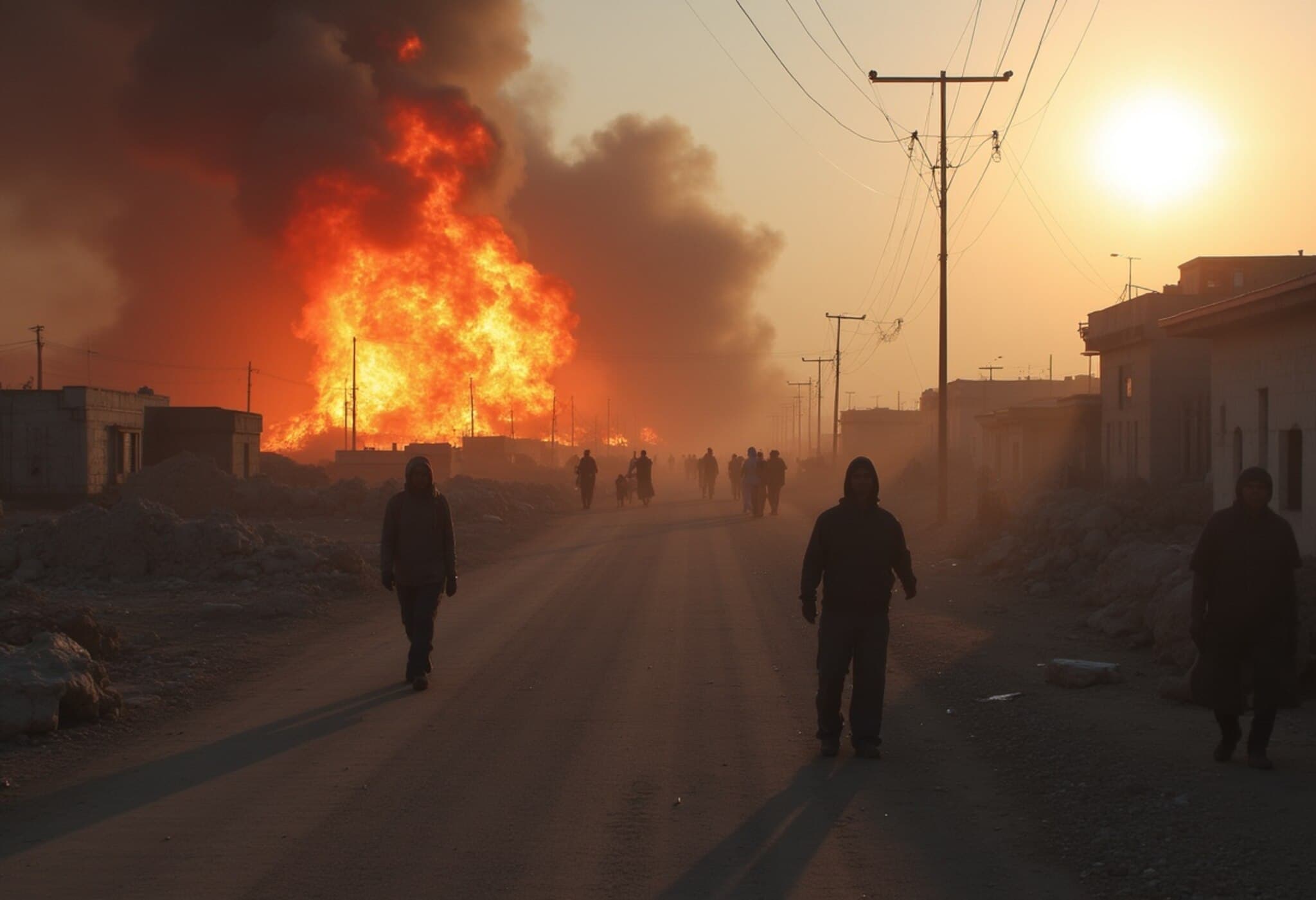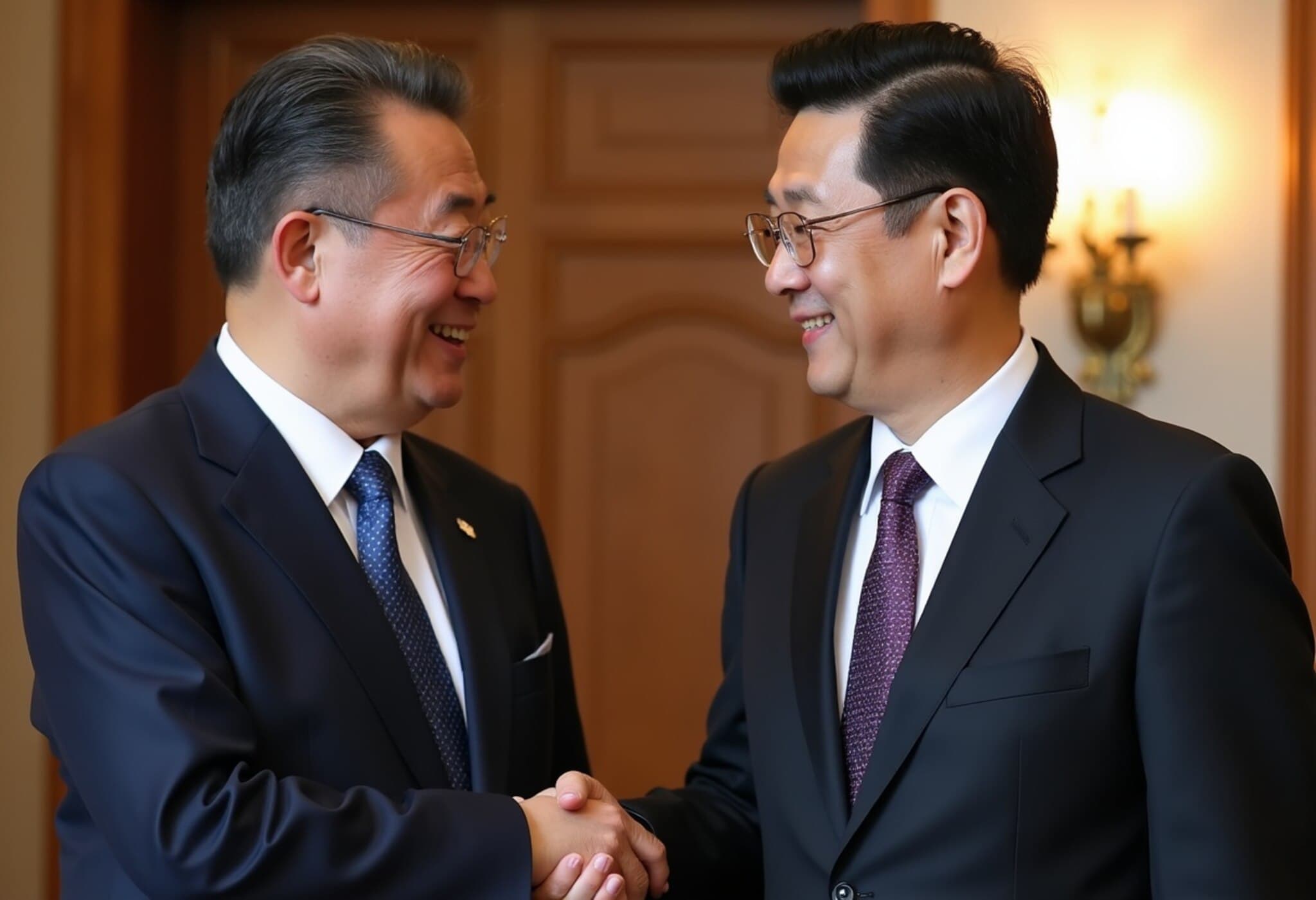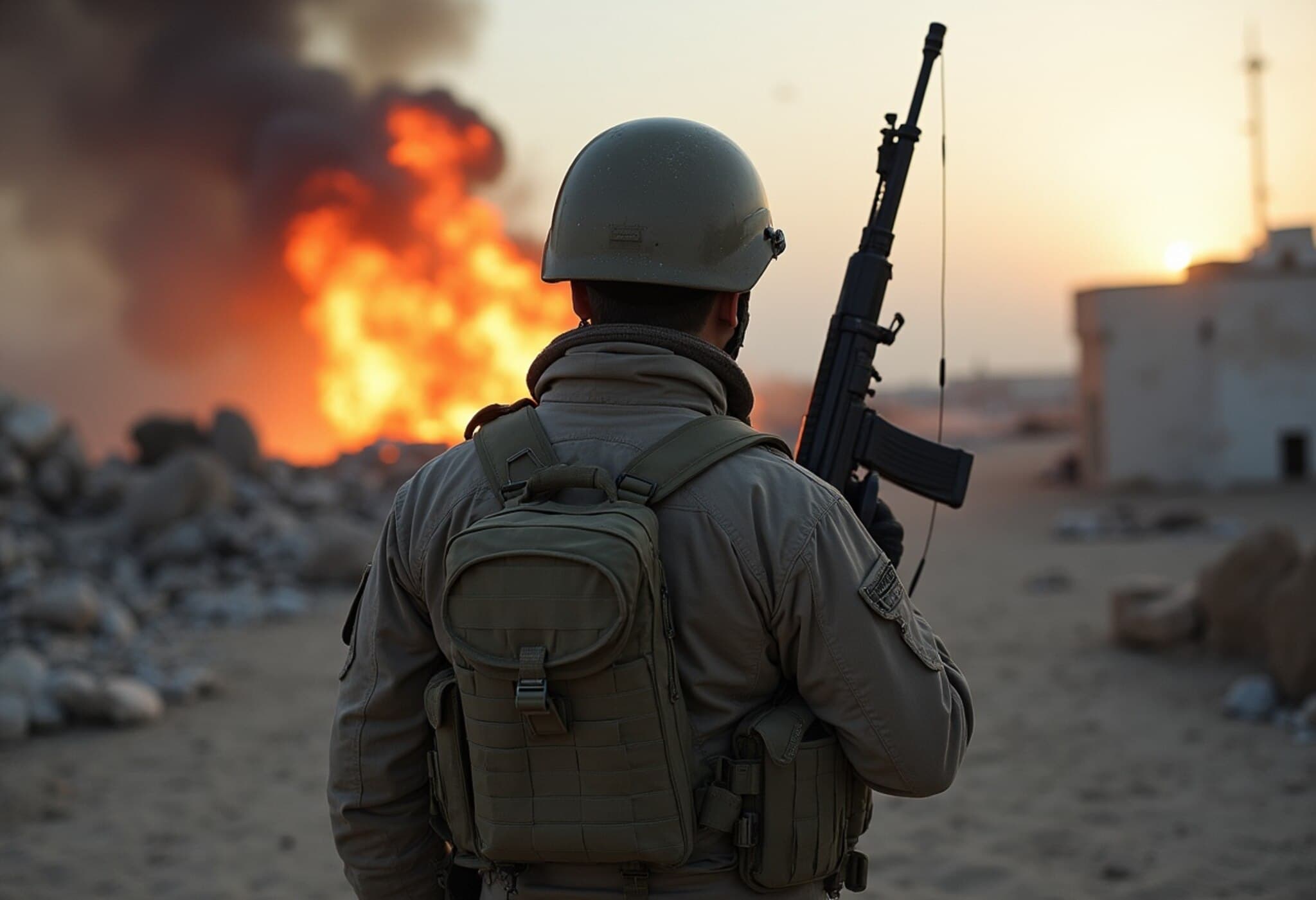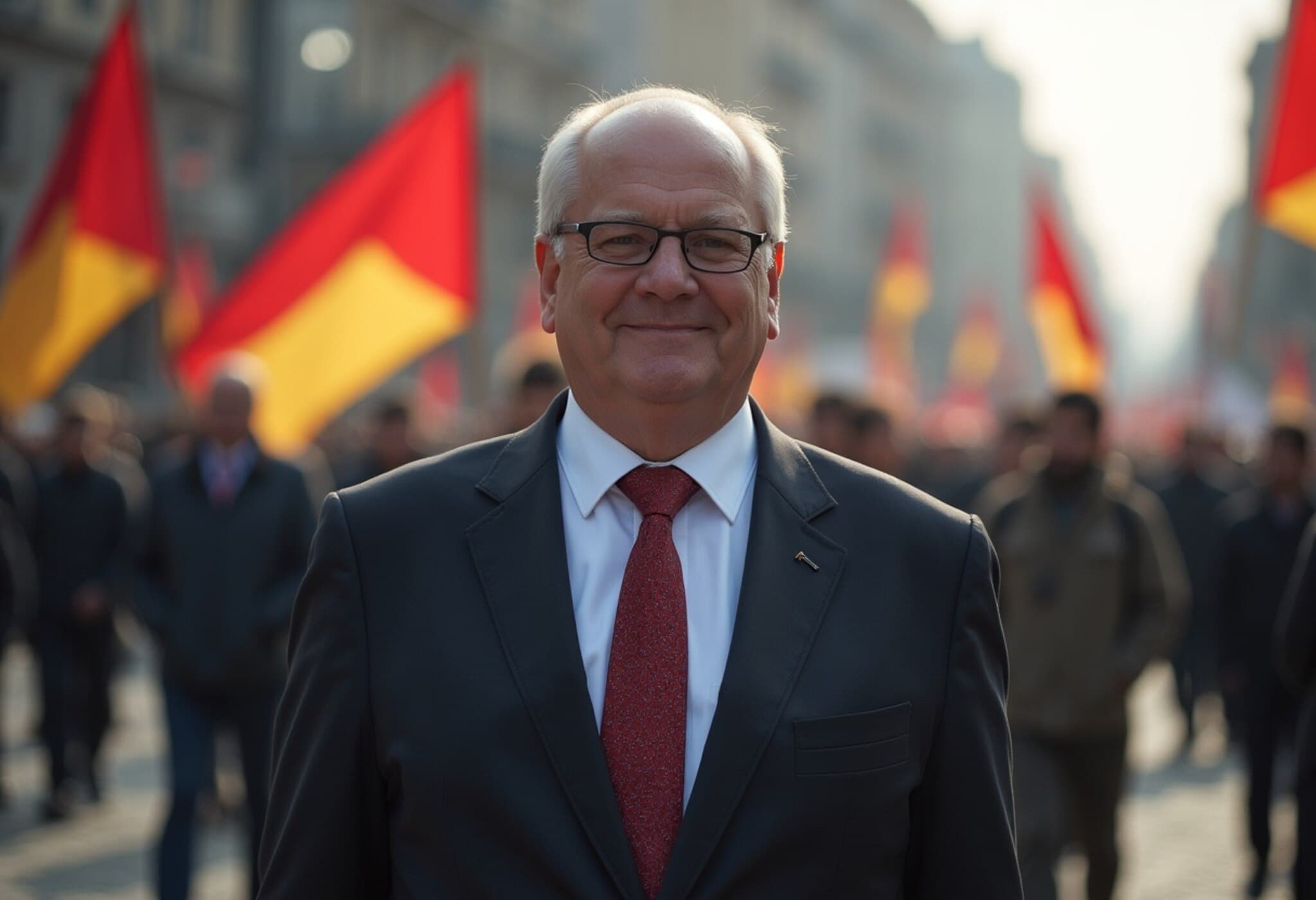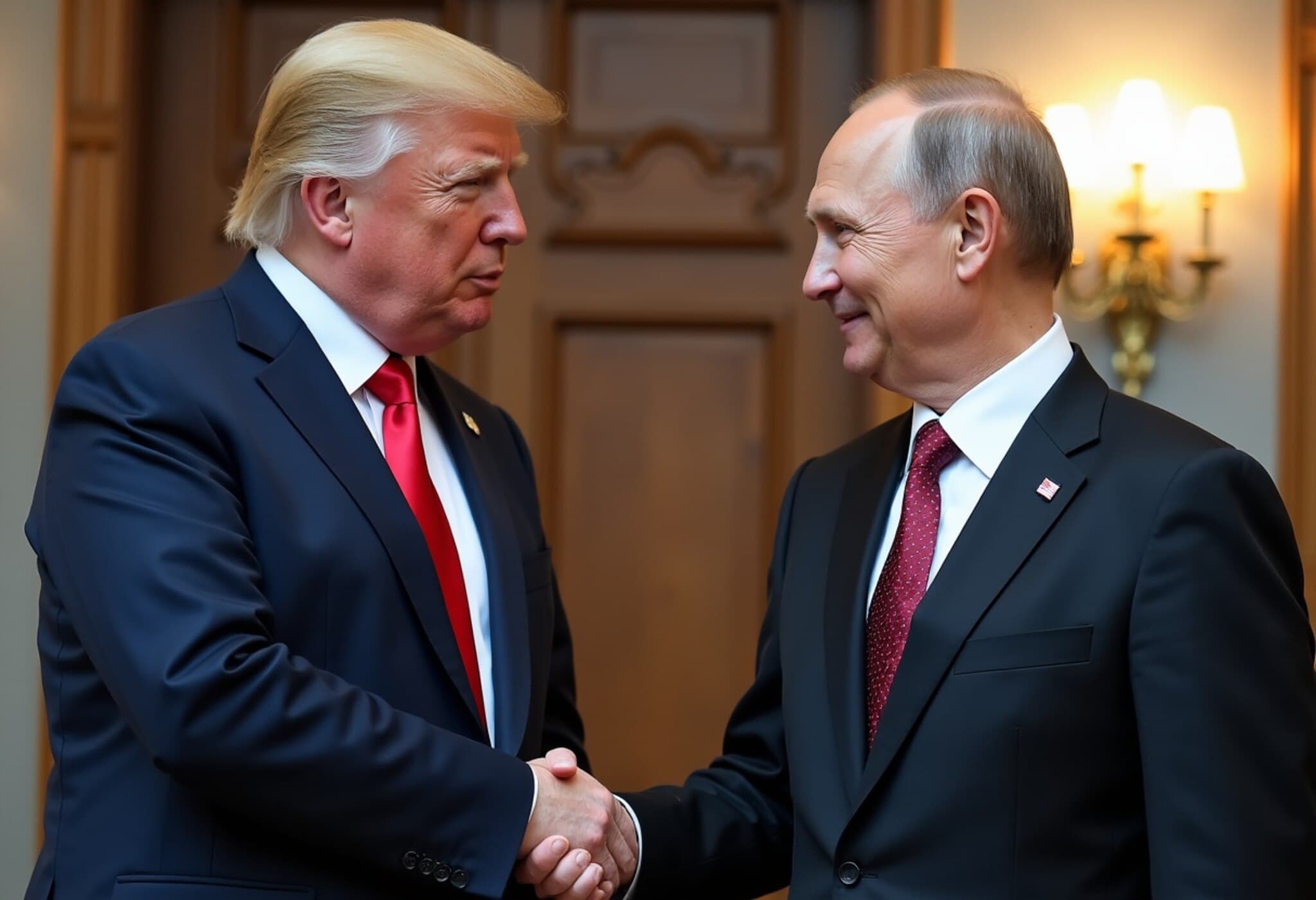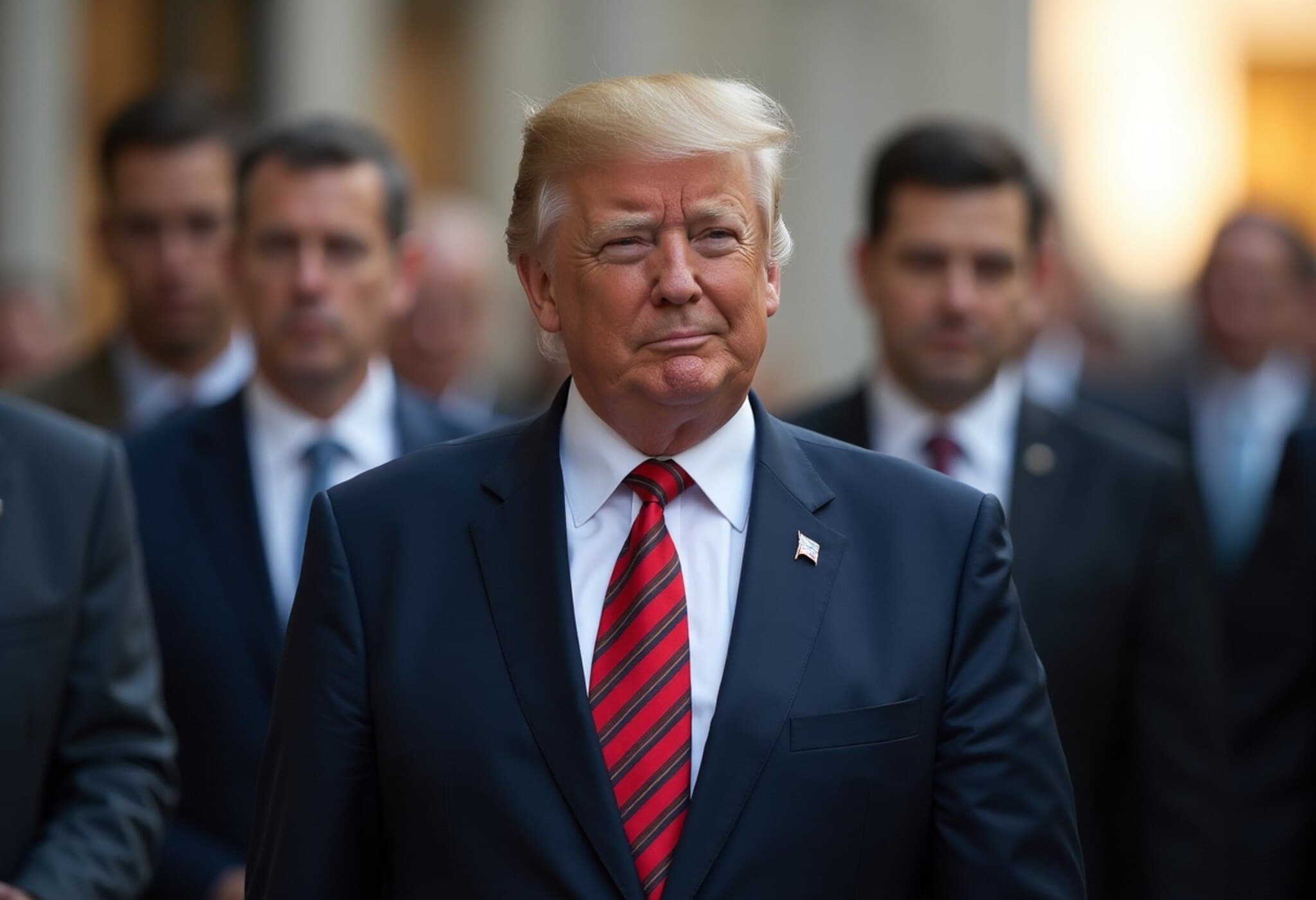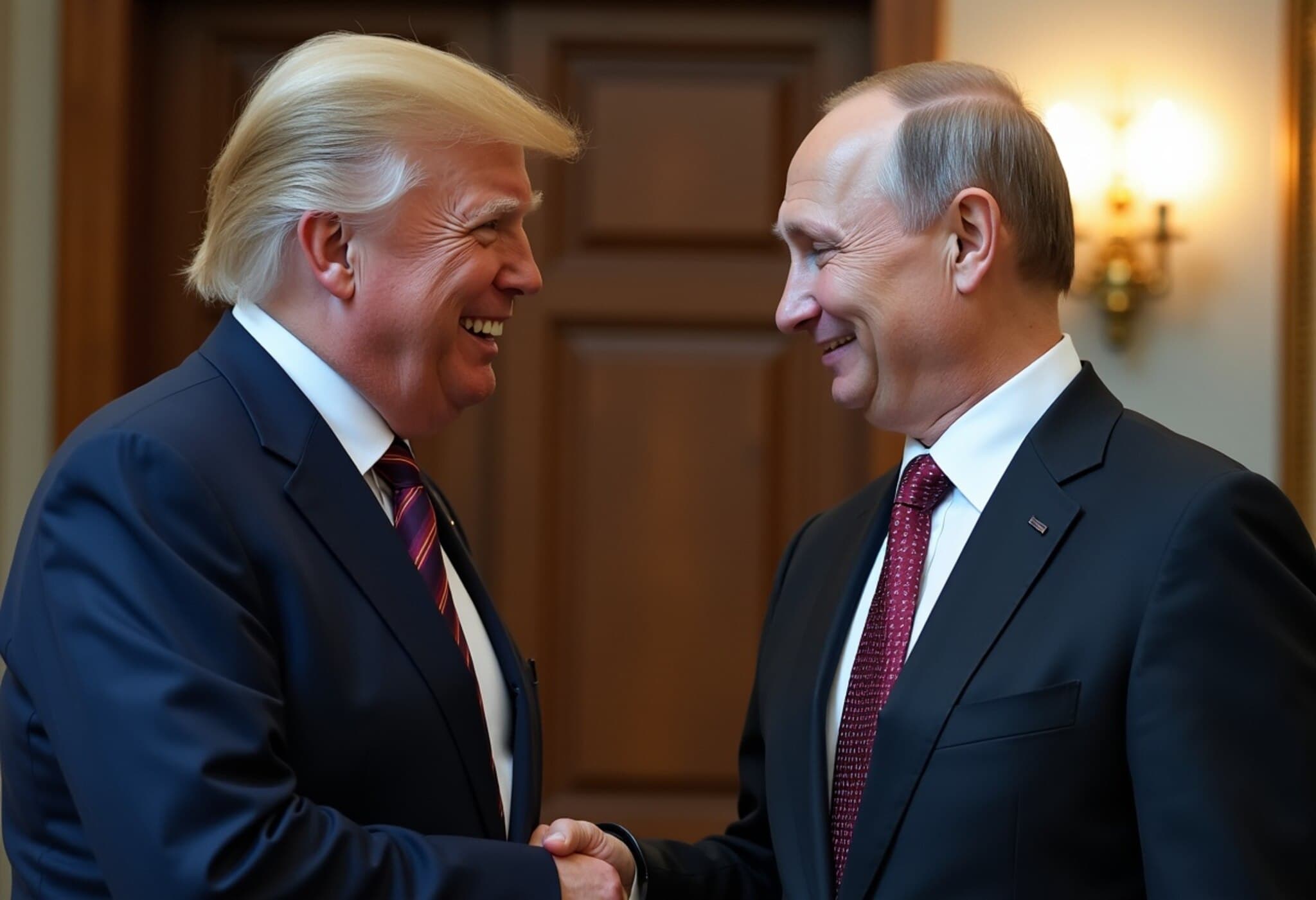Trump Backs Israel’s Military Approach After Strategic Call with Netanyahu
In a recent development amid escalating tensions in the Middle East, former US President Donald Trump publicly voiced his support for Israel’s intensified military efforts in Gaza following a strategic dialogue with Israeli Prime Minister Benjamin Netanyahu. Highlighting the gravity of the situation, Trump invoked the haunting memory of October 7, the date of Hamas’s devastating attack, underscoring the imperative need for decisive action.
Hostage Crisis Remains a Complex Challenge
Trump acknowledged the deep complexities surrounding the hostage situation, noting that Hamas is unlikely to release the captives without significant shifts in the current dynamics. “Securing the hostages was always going to be very rough,” he remarked, emphasizing that under the existing conditions, Hamas has no incentive to negotiate or free those taken.
While he stopped short of endorsing Israel’s full-scale plan to attack and occupy Gaza City, Trump stressed it is ultimately up to Israel to decide how to proceed, with one clear stance: “They can’t stay there,” referring to Hamas’s continued presence in Gaza.
Strategic Conversations and Military Plans Unfold
The President described Sunday’s phone call with Netanyahu as a “good call,” during which they discussed Israel’s plan to dismantle Hamas’s remaining strongholds in Gaza. A statement from Netanyahu’s office further clarified that their goal is to end the conflict by freeing the hostages and ultimately defeating Hamas.
Concurrently, a senior Hamas delegation arrived in Cairo to engage with Egyptian intelligence officials, exploring a possible resumption of ceasefire talks and negotiations over hostages. However, with Israel’s firm stance, the prime minister has declared a willingness to negotiate only if all hostages are released first, signaling a hardline approach to any diplomatic overtures.
What Lies Ahead for Gaza and Regional Stability?
Israel’s security cabinet has reportedly greenlit a new military plan focusing on the full takeover of Gaza City, with Netanyahu clarifying that the operation’s intent is to liberate Gaza from Hamas’s grip, not to occupy the territory permanently.
This moment marks a pivotal point in the Israel-Hamas conflict, raising profound questions about the humanitarian impact on Gazan civilians, the prospects for peace, and the role of international actors in mediating or exacerbating the crisis.
Expert Perspective: Balancing Military Necessity and Humanitarian Concerns
From a policy standpoint, Trump's emphasis on remembrance serves both as a rallying cry for domestic support among allies and as a subtle pressure tactic aimed at Hamas. However, experts caution that while military pressure remains central, prolonged conflict risks significant civilian suffering and regional destabilization.
American policymakers and international stakeholders face a delicate balancing act: supporting Israel’s legitimate right to self-defense and hostage recovery while championing mechanisms for ceasefire and humanitarian relief.
Key Takeaways:
- Trump urges remembrance of Hamas attacks on October 7 as a foundation for unwavering support to Israel’s military strategy.
- Hostage release negotiations remain stalled, with Israel demanding unconditional freedom of all captives before engaging.
- Israel plans a full military takeover of Gaza City aimed at dismantling Hamas—framed as liberation rather than occupation.
- A senior Hamas delegation arrives in Cairo to potentially revive ceasefire talks, signaling ongoing diplomatic back-channels.
- The conflict underscored by deep humanitarian and geopolitical complexities, calling for nuanced international engagement.
Editor’s Note
The situation on the ground remains volatile, with each military move reverberating far beyond Gaza’s borders. Trump’s message reflects a broader geopolitical narrative where memory, justice, and military pragmatism intersect. Readers are invited to consider the long-term implications: How can international actors balance the urgent demand for security and hostage rescue with the enduring need for peace and humanitarian protection? As developments unfold, maintaining vigilance on both strategic shifts and human stories remains crucial.

